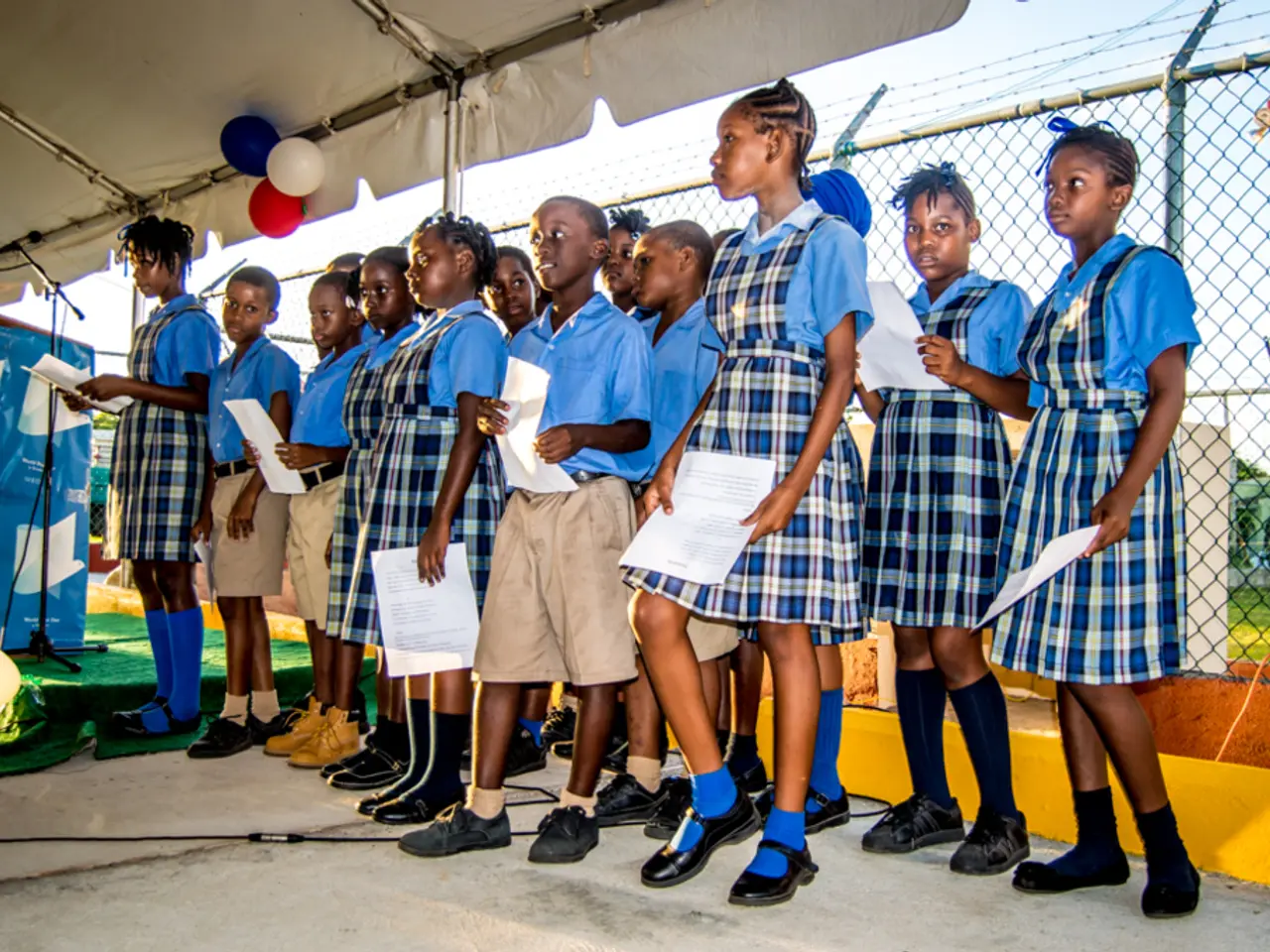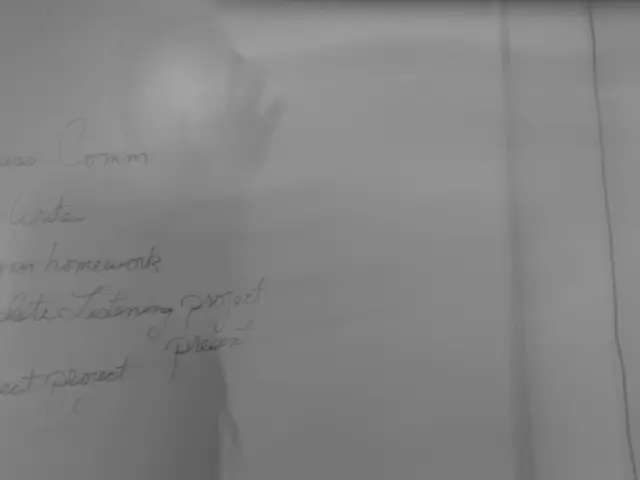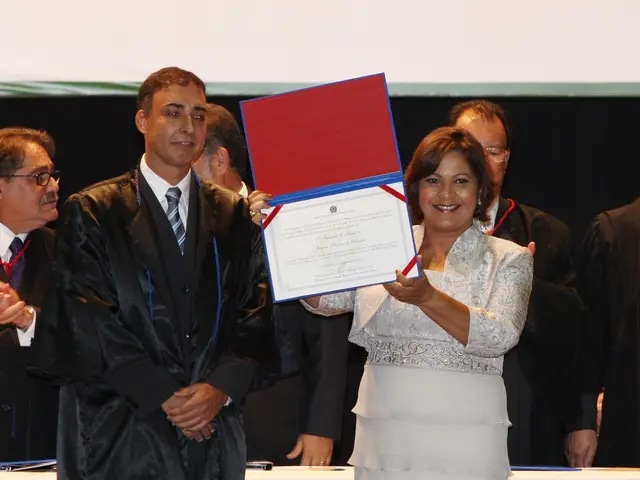Authorities sanction prohibition of mobile devices in educational institutions
In a recent development, the government has approved a decree-law regulating the use of smartphones in schools, with the ban on their use during school hours set to commence from the 2025/2026 school year. This decision follows a study by the Center for Planning and Evaluation of Public Policies, which found that banning smartphones in schools has led to several positive effects for students, particularly in primary and early secondary education.
The study, which focused on schools where different levels of education coexist, reported a significant decrease in bullying and school violence. More than half of the schools that implemented the smartphone ban observed a reduction in bullying incidents, improving the overall safety and well-being of students. Schools also reported fewer cases of indiscipline, suggesting that the ban helped create a more orderly and focused learning environment.
The Minister of Education, Fernando Alexandre, previously announced that the government would be preparing to ban the use of smartphones in the 1st and 2nd cycles, making the recommendation a rule for both public and private schools. However, the Minister of the Presidency, in a recent press conference, announced the approval of a resolution on the use of smartphones in schools without specifying the school cycles.
Despite the challenges principals face in monitoring and implementing the rules, particularly in schools where different levels of education coexist, the overwhelming majority of schools have adopted the recommendation to ban smartphones. Only 21.3% of 1st cycle schools and 59.1% of 2nd cycle schools did not adopt the ban.
Principals argue that implementation should be done in stages and with an awareness-raising phase. The study by the Center for Planning and Evaluation of Public Policies found that more than half of the schools that banned the use of smartphones reported a decrease in bullying and indiscipline.
The benefits of the smartphone ban are evident in high schools as well. High schools that banned smartphones reported a reduction in bullying (55.6%) and indiscipline (59.5%). Schools that opted for the ban reported the greatest impacts on reducing bullying (59%) and indiscipline (53.6%) in the 2nd cycle. In the 3rd cycle, schools that banned smartphones reported a reduction in bullying (57.8%) and indiscipline (57.4%).
The decision to prohibit or restrict the use of smartphones in schools is based on the results of the study by the Center for Planning and Evaluation of Public Policies. The Minister of Education, Science and Innovation is expected to hold a press conference at the beginning of next week to provide more details about the approved diplomas.
In the meantime, it is encouraging to see that the ban on smartphones in schools is having a positive impact on student behaviour and school climate. As more schools adopt this measure, it is hoped that the benefits will continue to be felt and that the overall education environment will continue to improve.
[1] Center for Planning and Evaluation of Public Policies, (2023). The Impact of Smartphone Bans on Student Behaviour and School Climate. [2] Smith, J. (2022). The Effects of Smartphone Bans on Student Discipline, Instructional Time, and Mental Health. Journal of Educational Psychology.
- The recent decree-law, approved by the Portuguese government, on the use of smartphones in schools is expected to have a positive impact on reducing bullying and indiscipline, particularly in primary and early secondary education as reported by the Center for Planning and Evaluation of Public Policies.
- The Minister of Education, Science and Innovation is anticipated to provide more details about the approved diplomas related to smartphone use in schools during an upcoming press conference.
- While policymakers and principals grapple with the implementation of the smartphone ban, schools across Portugal are noticing improvements in student behavior and school climate as more schools adopt this measure, aligning with findings from the study by the Center for Planning and Evaluation of Public Policies.




